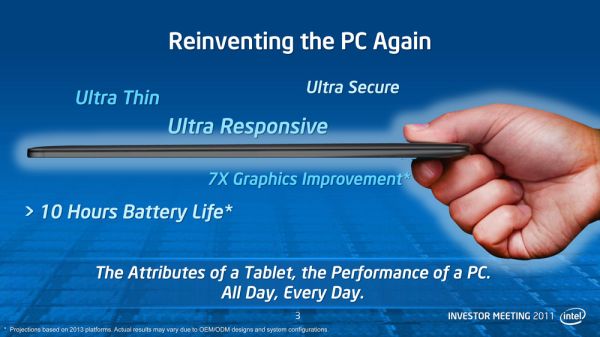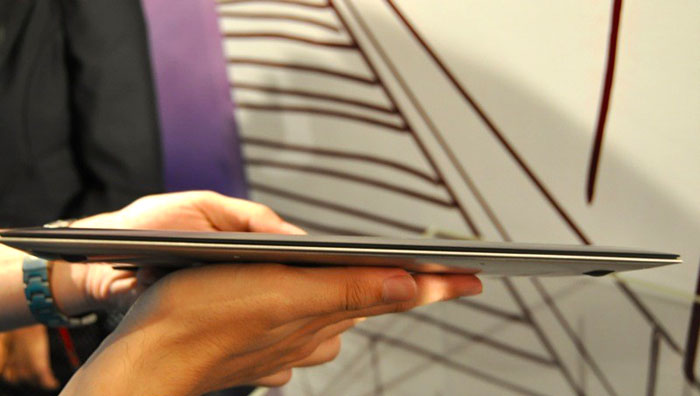In 2001, the British public bought 680 million batteries, most of which were disposable. And shame on us - we only recycled 2% of those once-use batteries. This resulted in an estimated 19,000 tonnes of waste material being put into landfill.
When the batteries eventually corrode, heavy metals leach into the ground, contributing to soil and water pollution which endangers wildlife.
Cadmium, for example, can be toxic to aquatic invertebrates and can bio-accumulate in fish, which damages ecosystems and makes them unfit for human consumption.
Rechargeable batteries, on the other hand, are better for the environment and contain a great percentage of reusable material once they reach the end of their useful life!
Even though the outlay may be expensive, rechargeable batteries will pay for themselves in no time. Some batteries can be re-used as many as 1000 times.
To ensure rechargeable batteries work for you, make sure you have spares fully charged as they tend to suddenly run out, rather than fade. Because of this, don’t use them in smoke alarms, but for your every day usage such as digital camera, bedside clocks, torches and portable cds players, they are perfect! Remember to dispose of them responsibly once they reach the end of their useful life by following WEEE guidelines or returning to the seller.
What about you - do you use rechargeable batteries? How do you get on with them?












1 comments:
nice info.. thankz.. happy Sunday.. =)
Post a Comment